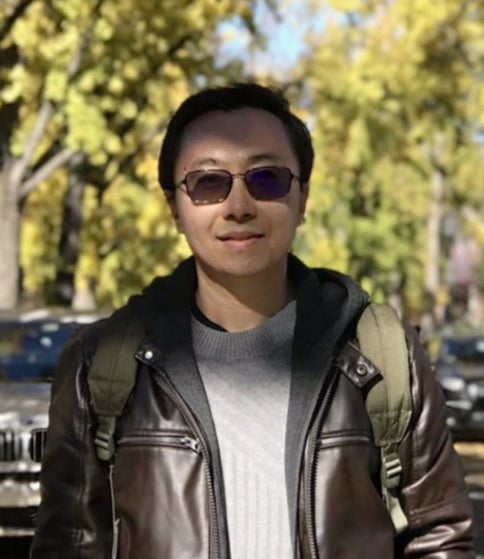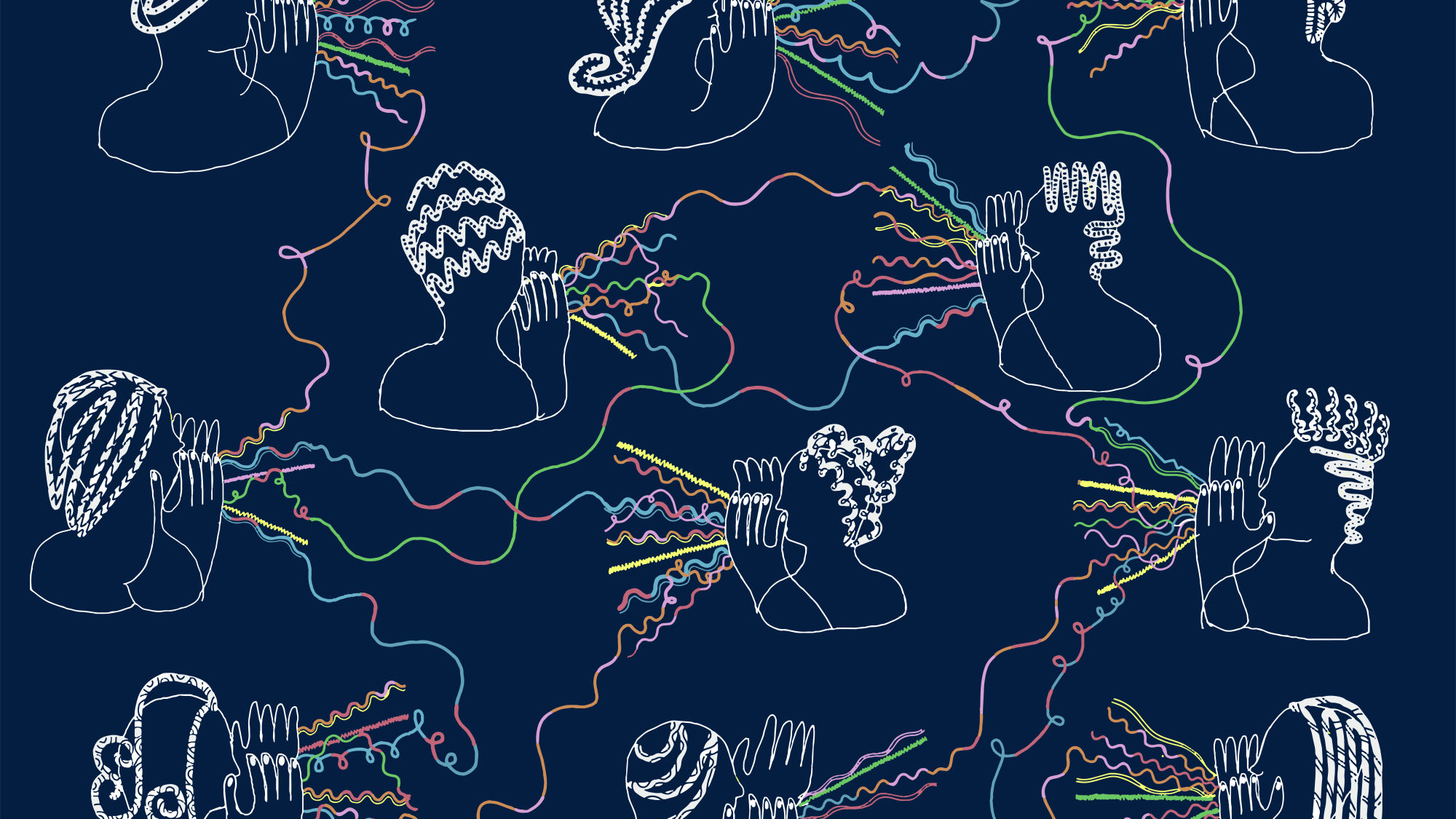ECo Talks: Atmospheric Aerosols and Super Greenhouse Gases with Song Gao
Dr. Song Gao, teaching Professor in the Chemistry Department at Georgetown University, will present his talk, “Atmospheric Aerosols and Super Greenhouse Gases: chemical transformation and policy implications for global governance on ozone layer, climate and plastics,” as part of the ECo Talks series produced by the Earth Commons.
About the Speaker: Dr. Song Gao recently joined the faculty in the Chemistry Department at Georgetown University. His research interests include tropospheric aerosol chemistry mechanisms, stratospheric ozone depletion, utilizing Montreal Protocol to limit climate-warming and plastics-producing greenhouse gases. His teaching interests include Chemistry, Sustainable Energy, Environmental Science, and Science-Based Policy Making. He has participated in field campaigns in eastern Asia, southern Africa, upstate New York and central America, focusing on characterizing the composition and transformation of atmospheric aerosols and gases. Dr. Gao has published at leading journals such as Proceedings of the National Academy of Sciences of the United States (PNAS), Environmental Science and Technology, Journal of Geophysical Research – Atmosphere. He has served as a Section Editor for Case Studies in the Environment (University of California Press) and an Associate Editor for Journal of Environmental Studies and Sciences (Springer). Prior to joining GU, he was Professor of Environmental Science/Chemistry (tenured) at Duke Kunshan University and Professor of the Practice of Global Studies at Duke University.
About the Talk: The ongoing global climate change presents unprecedented challenges to humans, ecosystems, and planetary sustainability. Atmospheric aerosols and greenhouse gases represent two major radiative forcings that affect the global climate system (IPCC 2023), with aerosols (and clouds) generating the largest uncertainty in radiative forcing assessment. This talk discusses some findings on (1) secondary aerosol formation mechanisms, utilizing chamber experiments, analytical instrumentation and field measurements and (2) previously ignored chemical pathways that convert ozone-depleting substances (ODSs) and hydrofluorocarbons (HFCs) – many with high global warming potentials – to plastics and other products that pollute the environment and harm human health. This talk also illustrates the intrinsic interplay between science and policy making, discussing how narrowing the ODS and HFC feedstock exemptions under the Montreal Protocol may help mitigate three global environmental issues concurrently: stratospheric ozone depletion, climate change and plastics pollution. This co-benefits policy framework, with its scientific basis recently published at PNAS by Dr. Gao and colleagues, is under consideration at global policy platforms such as the UNEP.
Event Details: Light refreshments will be provided. Free and open to all. No RSVP required. In person and online event Zoom ID 93082466514.
About the Series: Every Friday beginning on January 26th, ECo Talks features scholars, leaders and innovators sparking conversation, sharing knowledge, and spurring change. ECo Talks are presented by the Earth Commons Fridays 11:30 am – 12:30 pm in Arrupe Hall Conference Room. Learn more about the series >>

